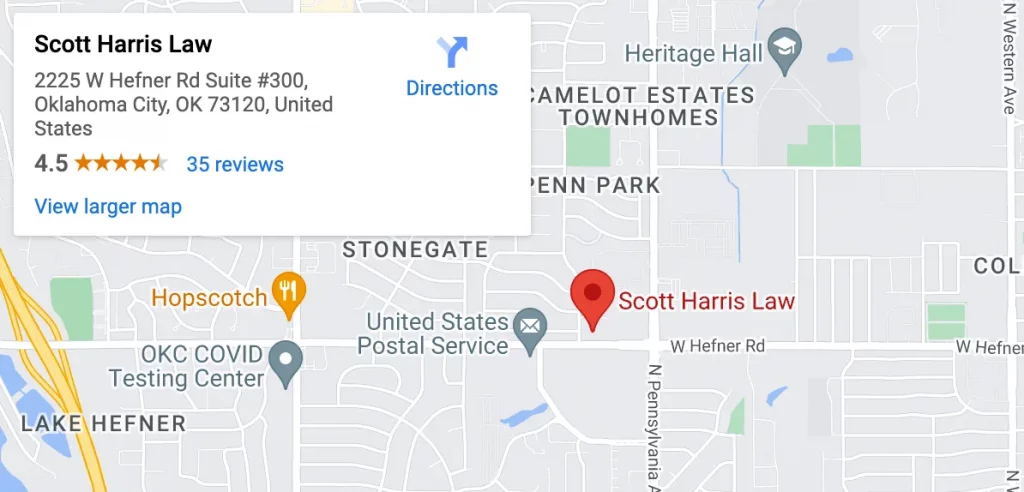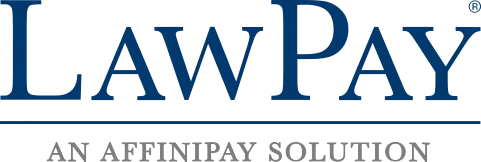Bankruptcy Attorney in Oklahoma City, Oklahoma
We know that debts are part of our lives and that struggling to pay them is normal. However, filing for bankruptcy is a legal solution to get out of debt and have a fresh start. One should consider the best time to file for bankruptcy in Oklahoma. An experienced bankruptcy lawyer can help with answering your queries.
The bankruptcy procedure is naturally complex; determining what bankruptcy suits you is also hard to know. In Oklahoma, Scott Harris Law has been helping thousands of individuals since 2009 to be debt-free. With over a decade of practice, we can help you with debt negotiation, foreclosure defense, and, most importantly, bankruptcy. If you need help, our legal team is always available to assist. Don’t wait for too long – fix your debt problems now!
Is a bankruptcy petition always the answer?
The federal bankruptcy laws provide legal assistance to families, individuals, and businesses having unpayable debts. The law is specific yet complex in arranging a fresh start, either through creating a 3-5 year repayment plan or asset liquidation.
Filing for bankruptcy is one of the wisest options for any financial difficulty. With the help of your competent bankruptcy lawyer, you can choose which bankruptcy type best suits your circumstances.
What are other non-bankruptcy alternatives?
For the debtors, the following non-bankruptcy alternatives may be utilized:
- Negotiation with the creditors
- Consolidating loans
- Credit counseling
- Defending a legal action brought about by a questionable debt
Negotiation is another peaceful way to settle debts, which is done by establishing an agreement between you and the creditor about the payment terms. This may include extending the time to pay for the debt, the amount reduction, or their combination. Negotiation can also mean transferring the previously pledged collateral, such as a car or a house, to the creditor rather than foreclosure. The prevention of further costs in litigation can be relatively beneficial in giving up property and settling the debt.
A consolidation loan enables the debtor to acquire one loan that is enough to pay off all the unsecured debts. The consolidation loan can allow the debtor to settle the debt for longer. Interest rates can be negotiated and can often be more advantageous than having multiple loans that are much smaller.
Credit counseling aims to change the debtor’s consumption habits so that the root cause of financial problems can be controlled. Credit counseling offices are bonded and licensed. They evaluate the debtor’s liability and negotiate peacefully with the creditors for the debtor’s repayment on schedule. These agencies, however, are not money lenders. What they only do is distribute the debtors’ payments to the creditors.
Defending a state court action requires a debtor to attend and speak up if they are sued for debt. The debtor must present substantial evidence against the plaintiff. Even if the debtor has no technical defenses to the action, the debtor has the legal right to request that the creditor present their evidence to the court.
Who can become a debtor under the Bankruptcy Code?
According to the Bankruptcy Code, any person who lives in the United States or has property or a business can be a debtor. You can always choose the bankruptcy type that suits your needs and qualifications the most.
What will happen after filing Chapter 7 bankruptcy?
In every bankruptcy chapter, the debtor will initiate filing the bankruptcy petition, schedules of liabilities and assets, and a statement of financial affairs. In Chapter 7 cases, a bankruptcy trustee will be appointed to supervise and administer the assets that are neither collateral nor exempt from creditors. In rare cases where there are assets, the bankruptcy trustee will sell the property and give the money to the creditors, following the priorities enshrined by the bankruptcy code.
The debt types prioritized are alimony, child support, employment, and taxes benefits. If a debtor does not do anything to waive their right to a discharge within 90 days of filing for bankruptcy, they receive the discharge.
What will happen after filing for Chapter 13 bankruptcy?
A person qualified to file for Chapter 13 bankruptcy necessitates a person with a stable income, who owes debts of less than $383,175.10, and has at least secured debts of less than $ 1,149,525.11. In this chapter, the debtor is required to have a plan other than documents. In contrast to Chapter 7 bankruptcy, Chapter 13 bankruptcy does not sell the debtor’s nonexempt assets to the bankruptcy trustee. Rather, the debtors should agree to make payments partially from their wages to the lenders and submit a plan that shows how the debts may be paid to the debtors, typically from future wages over a 3-5 year repayment plan.
The basis of whether or not the filer must propose a 3-5 year repayment plan is the means test. The debtor’s disposable income is paid every month to the trustee, who will be responsible for supervising the case. It also acts as the disbursing agent and distributes the funds to the creditors once the proposed plan has been approved by the bankruptcy court.
After all the necessary payments have been settled under Chapter 13, the debtor will get the discharge of dischargeable debts that have been unsettled according to the plan. Business firms, however, cannot file for this chapter. The qualified amounts can change over time, and debtors should carefully consider and confirm the amounts under this chapter.
Call our Bankruptcy Attorney in Oklahoma City Now!
The questions and answers in this article should have given you a good understanding of when you should file for bankruptcy. While reading articles and published materials on the internet can be highly beneficial, it can only provide you with background information. In terms of the specifics, you should consult with an experienced bankruptcy attorney.
Our years of experience and solid reputation in handling bankruptcy cases can put you at ease. You can save a lot of time and effort by relying on us instead of navigating the complicated bankruptcy process by yourself. Other than Bankruptcy, we also handle Credit Card Debt, Debt Consolidation, Debt Negotiation, Student Loan Debt, and Foreclosure Defense. File for bankruptcy today!




